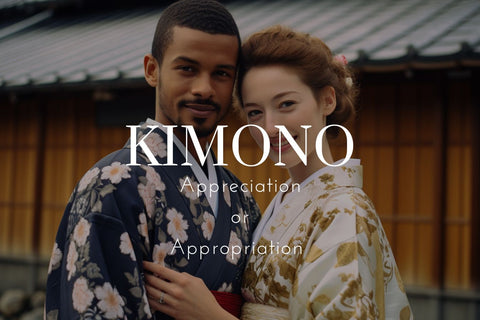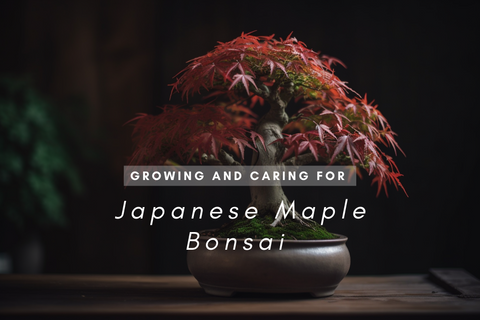
How to Say "I Love You" in Japanese
There are many different ways to say "I love you" in Japanese, each with its own nuances and connotations. The most important thing is to choose the phrase that best conveys your particular feelings for the person you love.
The Different Ways to Say "I Love You" in Japanese
There are several different ways to say "I love you" in Japanese, each with its own meaning. The phrase with the deepest meaning is "aishiteru" (I love you), while some more common phrases are "suki desu" (I like you), and "daisuki desu" (I really like you).

Other ways to say "I love you" in Japanese include "kimi ga suki desu" (I like you), "aishiteru yo" (I love you), and "daisuki da yo" (I really like you).
Although “aishiteru” translates to “love” in English, it is generally reserved as a very strong form of love. It is not commonly said, even between couples. More often the simple “suki” or “dai suki” are used. If you want to emphasize just how much you like or love someone you can say “daaaaaiiiii suki” or “dai dai dai suki” to be playful.
The Most Commonly Used Phrases for "I Love You" in Japanese
The most commonly used phrase for "I love you" in Japanese is "dai suki." This phrase is used for both romantic love and platonic love. It can be used to express love for a significant other, a family member, or a close friend.

Another common phrase for "I love you" in Japanese is "suki desu." This phrase is more commonly used for platonic love, such as love for a friend or family member. It can be used for romantic love as well, but it is not as common. Although “suki desu” translates to “like”, the Japanese culture is much more subtle (especially when it comes to emotions) so to say you “like someone” carries more weight that the English version.
The Best Ways to Express Your Love in Japanese
The best way to express your love in Japanese is to use the phrase that best conveys your particular feelings for the person you love. If you are in a romantic relationship, you might say "aishiteru." If you are in a platonic relationship, you might say "suki desu" or "daisuki desu."
There are many other ways to express love in Japanese, depending on the context and the relationship between the people involved. For example, you might say "tanoshii" (fun) if you are enjoying your time with the person you love, or "yasashii" (kind) if you appreciate their kindness.

Other ways to express your feelings in Japanese may be to say “ganbatte” or “oenshitemasu”. These words translate to “do your best” or “I believe in you” respectively. While “ganbatte” is a very common word in Japan, using these words in the right context can show you care for and support someone.
How to Use Body Language to Say "I Love You" in Japanese
Body language is an important part of communication, and it can be used to say "I love you" in Japanese. Some common body language cues that convey love include holding hands, hugging, and kissing.
When you want to say "I love you" using body language, try to make eye contact and smile. You can also put your hand on the person's shoulder or back, or give them a gentle hug. If you're feeling really bold, you can try giving them a kiss on the cheek or lips.

Remember that everyone is different, and not everyone will respond positively to the same type of body language. If you're not sure how the person you're with feels about physical contact, it's always best to ask before making any moves. Especially if your partner is Japanese where they may be less comfortable with lots of physical contact, especially in public.
The Different Types of "I Love You" in Japanese
There are different types of "I love you" in Japanese, each with its own meaning. The most common types are "aishiteru" (I love you), "suki desu" (I like you), and "daisuki desu" (I really like you).
Each type of "I love you" has a different level of intensity, so it's important to choose the right one depending on the situation. "Aishiteru" is the most intense and is used for romantic love, while "suki desu" is more casual and is often used between friends. "Daisuki desu" is somewhere in between, and can be used for both romantic and platonic love.
The Most Romantic Ways to Say "I Love You" in Japanese
There are many romantic ways to say "I love you" in Japanese. Some of the most romantic phrases include "ai o komete" (I'm falling in love with you), "aishiteru kara" (Because I love you), and "kimi ga suki desu" (I like you).

Other romantic phrases you can use include "anata ga daisuki desu" (I really like you), "anata o aishiteru" (I love you), and "koibito ga iru" (I have a lover).
When it comes to expressing your love in Japanese, the sky is the limit! There are endless ways to say "I love you" in this beautiful language.
How to Write "I Love You" in Japanese
There are several different ways to write "I love you" in Japanese. The most direct way to write it is 愛してる "aishiteru." This can be written with the kanji characters for "love" and "to exist," or with the hiragana characters for "ai" and "shi."
Another way to say "I love you" in Japanese is 好きです "suki desu." This can be written with the kanji characters for "like" and "to be," or with the hiragana characters for "su" and "ki."



